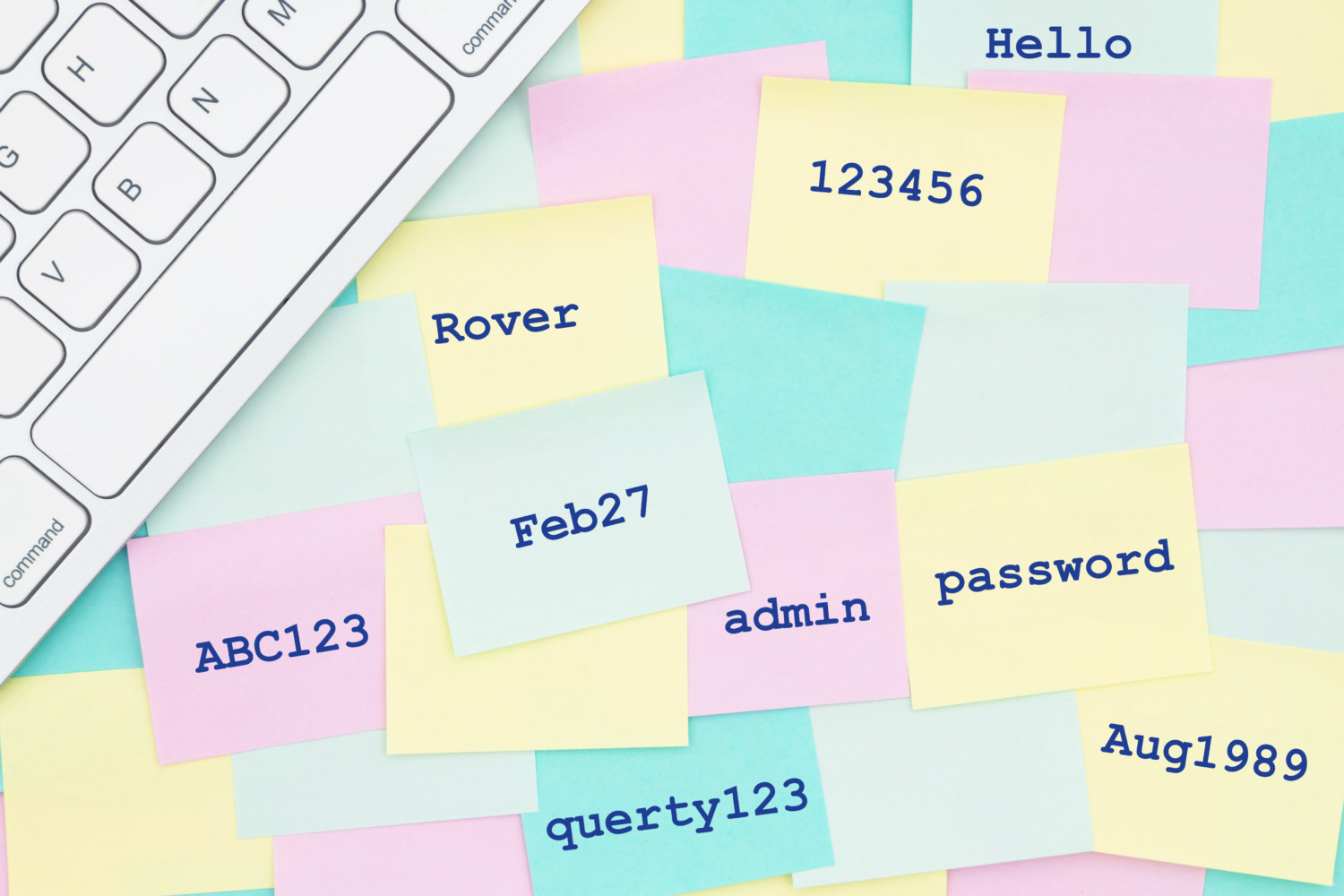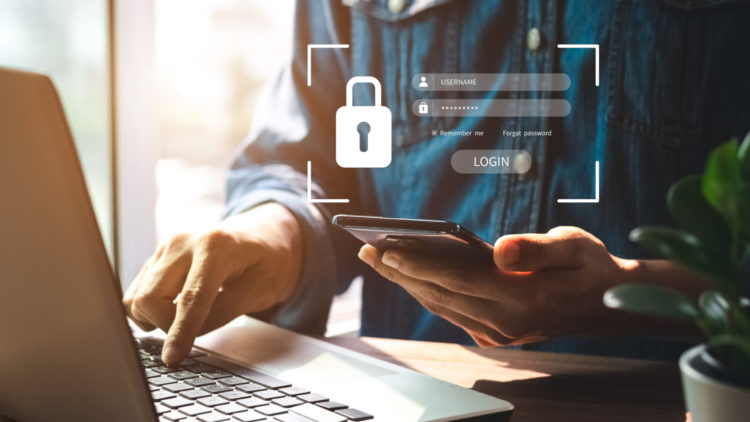Find out if you are using the most hacked passwords

If you have ever been the victim of a security breach, you are not alone. According to a 2019 survey by Google and Harris Poll, four in 10 Americans have had their personal data compromised online, and nearly half of them lost money because of it. Hacking passwords is one of the primary ways thieves steal this information.
In a recent study, payment service provider Dojo determined the most commonly hacked passwords worldwide. After analyzing data on more than 100,000 breached passwords from the U.K.’s National Counterintelligence and Security Centre (NCSC), Dojo organized them into more than 30 categories.
These are the top 20 categories:
- Pet names/terms of endearment
- Names
- Animals
- Emotions
- Food
- Colors
- Swear words
- Actions
- Family members
- Car brands
- Cities
- Brands
- Countries
- Sports
- Religions
- Hobbies
- Weather
- Drinks
- Social media platforms
- Star signs
Most Frequently Hacked Passwords
More than 4,000 of the most frequently hacked passwords studied included the top 20 phrases in the pet names and terms of endearment category. The three most commonly used words were “Love,” “Baby” and “Angel.”
Popular animals were used in more than 2,100 hacked passwords, including the top two: “Dog” and “Cat.” Easy-to-remember sequences of numbers and letters were also among the most frequently hacked passwords.
According to the NCSC, the five most commonly hacked passwords are:
- 123456, with 23.2 million users
- 123456789, with 7.7 million users
- Qwerty, with 3.8 million users
- Password, with 3.6 million users
- 1111111, with 3.1 million users
How To Create A Strong Password
If you use any of the passwords listed or aren’t sure whether your current passwords are strong enough to stand up to hackers, don’t wait to change them to something safer.
The National Cybersecurity and Communications Integration Center provides several recommendations that can help you choose the strongest passwords possible.
- Never use passwords that include personal information that someone could easily access or guess.
- Avoid using the same password on different accounts and systems.
- Create the longest password allowed by the system, website or app you are using.
- Avoid words that can be found in any dictionary, no matter what language.
- Whenever possible, use multi-factor identification.
- Consider using a reputable password manager to keep track of your passwords.
Taking these precautions will help protect your personal information from those who should never have access to it.






